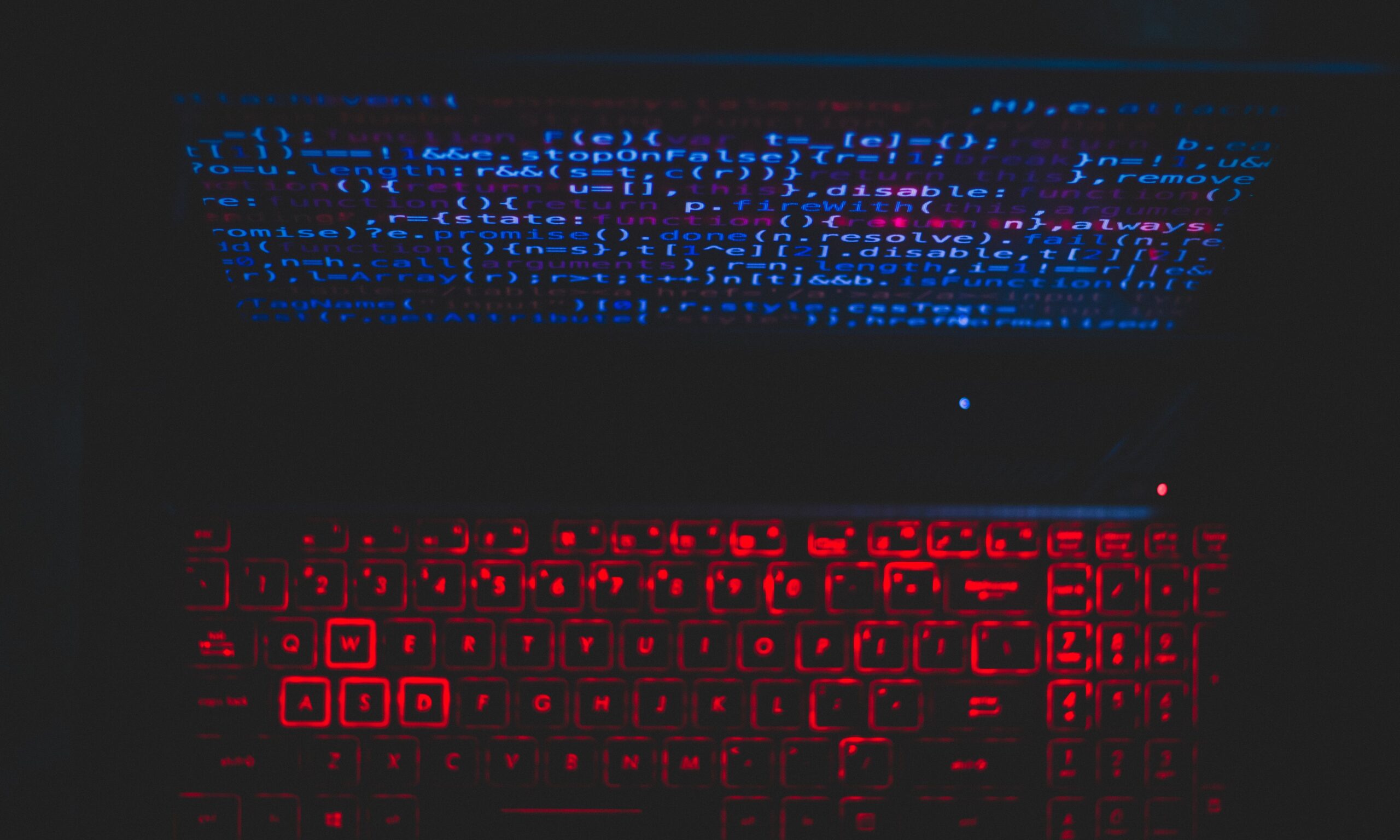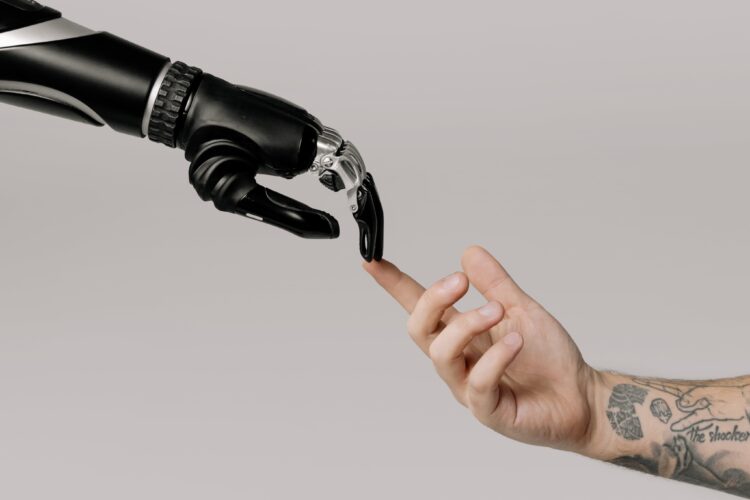AI, a branch of computer science, focuses on developing systems that can perform tasks that typically require human intelligence, such as learning, reasoning, problem-solving, and decision-making. From virtual personal assistants to self-driving cars, AI applications are becoming increasingly common in our daily lives, from where we can analyze the Impact of Artificial Intelligence on the Job Market. This transformation is affecting the job market in several ways, and in this article, we will explore the impact and potential future trends.
As AI technology continues to advance, it is imperative to understand the ramifications it carries for the job market. While some of these consequences are already manifesting, others remain on the horizon, and our capacity to adapt and anticipate these changes will significantly impact our success in this evolving landscape.
The Impact Of Artificial Intelligence On The Job Market:
The Current Landscape
- Automation of Routine Tasks
One of the most noticeable impacts of AI on the job market is the automation of routine, repetitive tasks. Jobs in manufacturing, data entry, and customer service are experiencing significant changes due to automation. For instance, in the manufacturing industry, robots take over repetitive tasks like assembly line work. At the same time, chatbots handle customer inquiries in many businesses.

- Upskilling and Reskilling
As automation eliminates specific job roles, there’s an increasing demand for skills complementing AI technology. Jobs related to AI development, data science, and machine learning are rising. This has led to the need for upskilling and reskilling the existing workforce to stay competitive in the job market.
- Enhanced Decision-Making
AI can process vast amounts of data and provide insights that humans might overlook. This has led to the creation of roles like data analysts and data scientists, who use AI tools to make more informed business decisions.

- Job Displacement
While AI creates new job opportunities, it also displaces certain roles. Workers in industries heavily impacted by automation may face unemployment or the need to transition into entirely different careers. This transition can be challenging and requires support and guidance.
Future Trends
- The Rise of AI Ethicists
As AI becomes more integrated into our lives, ethical considerations surrounding its use are growing. AI ethicists will play a vital role in ensuring that AI technology is developed and used in ways that are fair, just, and compliant with moral standards.

- AI in Healthcare
The healthcare industry is poised for significant AI-driven transformation. From diagnostic tools to patient care, AI applications are becoming essential. Healthcare professionals will need to collaborate with AI systems, enhancing the efficiency and accuracy of healthcare delivery.
- AI and Creative Industries
AI increasingly makes inroads into creative fields such as art, music, and content creation. AI-generated art and music are gaining recognition, and content creators are using AI tools to enhance their work. While this opens new creative possibilities, it also raises questions about the role of human artists and creators.

- The Gig Economy and Remote Work
AI is facilitating the gig economy by connecting freelancers and employers more efficiently. Remote work opportunities are increasing, and AI is playing a role in making remote work more productive and accessible.
- The Human-AI Collaboration
Rather than replacing humans, AI is more likely to augment human capabilities. Collaborative work between humans and AI systems will be the future. Professionals in various industries will need to adapt to working alongside AI technology effectively.
Frequently Asked Questions ( FAQs)
- How can individuals prepare for the changing job market in the age of AI?
Preparing for the evolving job market in the age of AI involves a multifaceted approach. First, focus on continuous learning and skills development, particularly in areas that complement AI technology. Consider obtaining certifications in fields like data science, machine learning, or AI development. Networking and staying updated with industry trends are equally essential. Additionally, be open to career shifts and consider acquiring skills that are less susceptible to automation.
- What is the role of government and educational institutions in addressing AI’s impact on employment?
Governments and educational institutions play a pivotal role in addressing the impact of AI on employment. They can facilitate workforce development programs that offer upskilling and reskilling opportunities to workers affected by automation. Policymakers can also create regulations that ensure ethical AI deployment and data protection, thereby fostering public trust. In the education sector, curricula should adapt to include AI-related subjects to equip students with relevant skills.
- How do AI ethics and responsible AI practices affect the job market?
AI ethics and responsible AI practices have a significant impact on the job market. As organizations prioritize ethical AI use, roles related to AI ethics and compliance become crucial. Ethicists, compliance officers, and data privacy experts are in demand. Ensuring that AI systems adhere to ethical standards and respect user privacy is paramount, which creates opportunities for professionals in these areas.
- What are the potential challenges in AI-driven remote work, and how can they be addressed?
AI is reshaping remote work dynamics, but it comes with challenges. One such challenge is ensuring the security and privacy of remote work environments. Organizations need to invest in cybersecurity measures to protect sensitive data. Additionally, maintaining team cohesion and communication can be challenging in remote setups, so organizations should invest in collaboration tools and strategies to bridge this gap.
- How can creative professionals coexist with AI-generated content in the job market?
The coexistence of creative professionals and AI-generated content is a growing trend. Creative individuals should embrace AI tools as aids rather than replacements. By collaborating with AI systems, artists, writers, and content creators can enhance their work and streamline creative processes. While AI can generate content efficiently, it lacks the depth of human creativity and emotional understanding, allowing creative professionals to continue offering unique value.
Conclusion
The impact of AI on the job market is complex and multifaceted. While automation is changing or replacing certain roles, it’s also creating new job opportunities. To thrive in this evolving job market, individuals must embrace lifelong learning, upskilling, and adaptability.
Organizations need to invest in workforce development and support employees in acquiring the necessary skills to work effectively with AI. Ethical considerations regarding AI use should guide the development and implementation of AI systems.
As we move forward, the ability to collaborate with AI and harness its potential will be a valuable skill. The AI-driven job market is not just a challenge; it’s also an opportunity for growth and innovation. Embracing this transformative technology will be vital in staying relevant and competitive in the job market of the future.
Also Checkout – Tech News Highlights: Stay Updated on the Latest Developments






